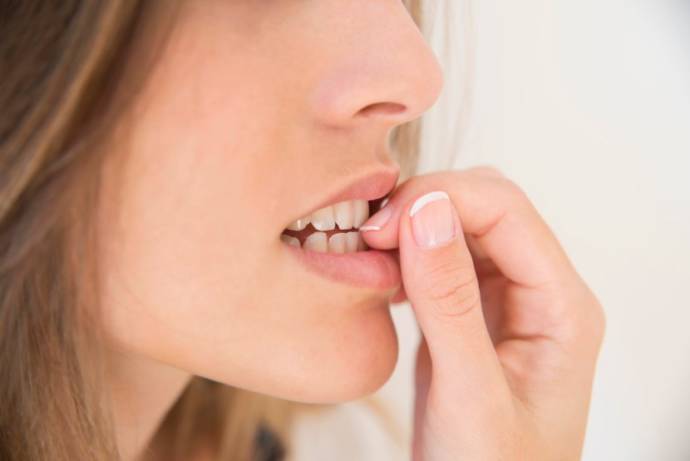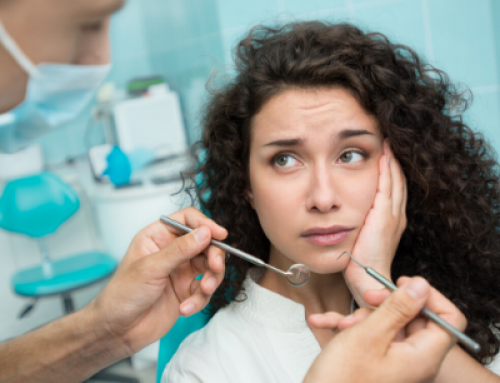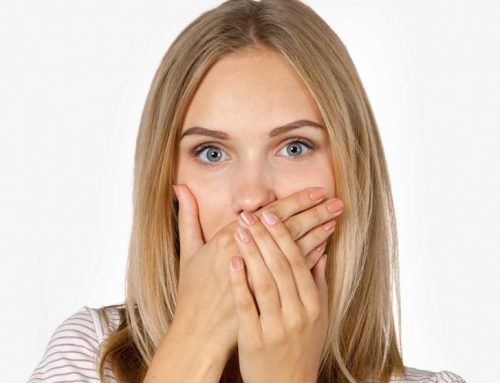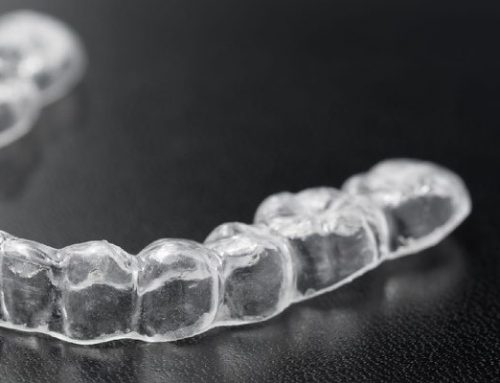 Do you (or someone you know) have a bad habit of biting your fingernails? It probably doesn’t come as a surprise that it’s bad for your oral health, but how exactly? Let’s take a look at the effects of nail biting on oral health.
Do you (or someone you know) have a bad habit of biting your fingernails? It probably doesn’t come as a surprise that it’s bad for your oral health, but how exactly? Let’s take a look at the effects of nail biting on oral health.
The habit of nail biting is known as onychophagia, and it usually starts at a young age of around 4 – 6 years’ old. Some studies estimate that as many as 30% of children are nail biters. Unfortunately it is an unhealthy habit, and just like thumb sucking can lead to abnormal tooth movements and cause misalignment (malocclusion). Baby teeth are also likely to suffer from enamel erosion.
Common Effects of Nail Biting on Teeth
- Pronounced wear and tear on tooth enamel and micro-fractures in the enamel
- Increased sensitivity in teeth and gums due to enamel wear
- Micro-fractures in the enamel, particularly in the upper incisors
- Jaw pain and/or clicking in the temporomandibular joint (TMJ)
- Bruxism, or grinding or clenching of the jaw while you sleep
- Gum problems caused by bacteria and other microorganisms under the nails. Nail biters suffer higher rates of gum disease, with nail edges potentially tearing the gum tissues
- Crooked, misaligned teeth
- If you wear braces then biting your nails can damage your brackets and wires
Nail biting is definitely a bad habit you should break, and there are lots of ideas you can try on yourself or your child to try and quit. But if the habit does continue, we recommend seeing your dentist twice a year to monitor the negative effects it may be having on your mouth.



